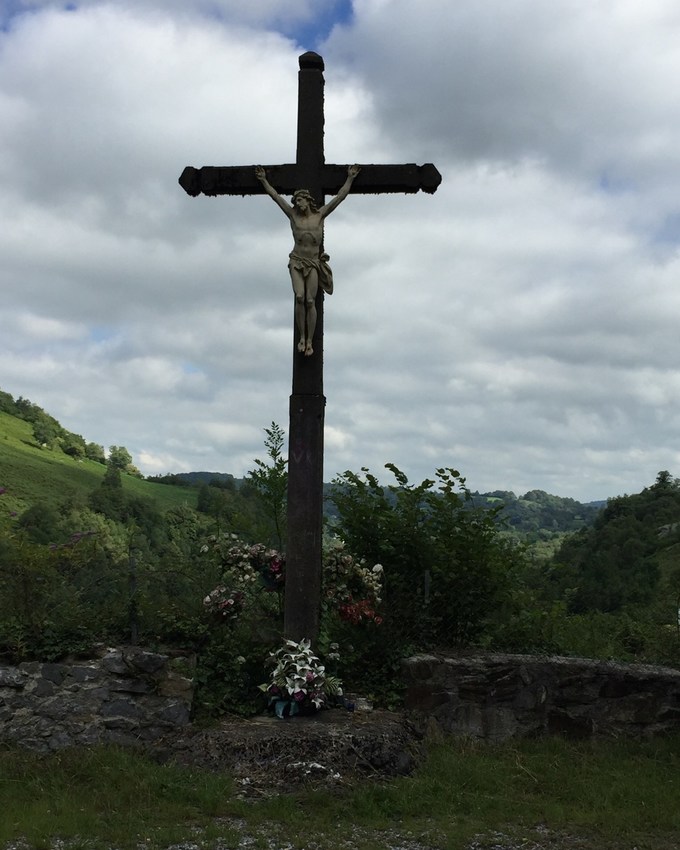If you've never been on a pilgrimage before, and are thinking of going for the first time as a healthcare professional, you are probably excited and anxious, wondering if you are doing the right thing, and what it will involve!
Organised pilgrimages come in many shapes and sizes. They range from small parish groups of perhaps only twenty pilgrims, to diocesan or charitable organisation-led pilgrimages with up to 1500 pilgrims. The largest ones usually have an organisational team and an infra-structure that works throughout the year to support you as a clinician, but they may specialise in different numbers and types of sick, so its a good idea to know as much a you can about the pilgrimage you are thinking of joining. Elements they all have in common are the journey, the stay in Lourdes itself, and the sheer variety of people, with different needs and expectations for their pilgrimage.
Many pilgrimages will have preparation days before the pilgrimage, where you get to know your colleagues, and normally training is offered for volunteers on these days. Some pilgrimages do on-line training as well.
Before you travel on a pilgrimage, it is important to be sure that you have full registration and up to date professional cover. If you are a doctor, you would be expected to arrange this through your medical indemnity organisation, who have traditionally been very supportive and will normally provide a week's humanitarian cover free of charge. For nurses, the pilgrimage insurance cover will include nursing care, as long as you have an up to date PIN. Check with your pilgrimage what they expect from you.
There are many different ways to travel to Lourdes for pilgrimage. Here are some common ones: flying, either scheduled or charter, coach, jumbulance, independent travel. Many large pilgrimages offer more than one way to travel in groups, according the specific needs of their pilgrims. These all need clinical support, so your pilgrimage begins when you leave home!
In Lourdes, accommodation varies between normal hotels and the two Accueils (Notre-Dame and Saint Frei), which have more clinical ward-like settings for those pilgrims who need continual personal care, often those in nursing homes in the UK. Caring for the sick in the different settings provides different but equally fulfilling experiences. As a clinician you will participate in the programme of religious activity as well as providing clinical support; most of your charges will leave their accommodation at least once a day for services. Lourdes is often a very emotional time, and you may find it so yourself, but remember your colleagues may well have had similar experiences, so will be understanding of your needs too. You may find that the ideal concept of a clinical team is better met in Lourdes than in your normal day to day working life.
The social element of the pilgrimage is very important for the sick, especially for those who may be very isolated in their home environment, and there are endless opportunities for ice-creams and coffees, and even the occasional wine or beer, or trips around the town to be enjoyed as a true community of sick and able!


